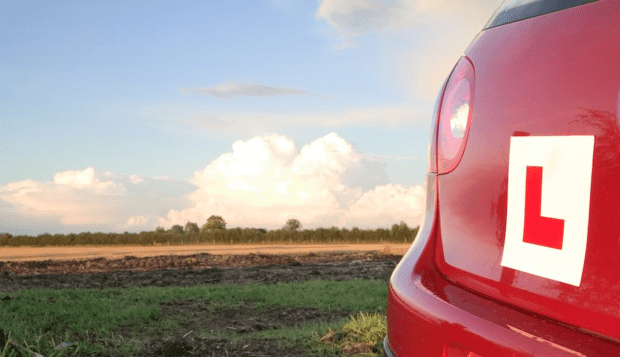Debt is a complicated issue, and it’s something we all dread. Not only is it an enormous source of stress for individuals and their loved ones, but it might also lead to legal consequences if it’s not dealt with in the right way.
With the current energy crisis landing more and more people in debt, the importance of managing your money properly should not be underestimated. In this guide, we’ll look at the best ways to effectively stay in control of your finances, especially if you’re just starting out or you’re new to money management.
Understanding the consequences of debt
The effects and consequences of debt impact not only personal wellbeing but also other aspects of your daily life. For example, existing mental health problems make it more difficult not only to earn money but also to manage it. If you’re depressed, you might struggle to find the energy or motivation to keep tabs on your finances. Or, if someone is going through a manic episode, it might be harder not to spend impulsively.
How can I stop myself getting into debt?
The best way to avoid falling into debt is to keep a careful eye on your spending, income, and budget. It’s easy to find budgeting tips from organisations online, and once you’ve got a grasp on the basics, getting into a healthy routine with your spending will be the most significant step.
I’m budgeting, but I’m still in debt. How can I control my finances?
Even with dedicated, genuine efforts, budgeting can feel like a hard task. Money management manifests differently for different people, but three reliable steps to take include:
Don’t commit to any new recurring costs
With summer approaching, it might be tempting to take out that gym membership you’ve had your eyes on. However, if you’re already trying to deal with existing debts, it’s much more sensible to wait until you’ve paid your dues before falling deeper.
Consider external help
As a temporary measure to alleviate your situation, it could be worth opting for a debt consolidation loan aimed specifically to help individuals with a poor credit score. Plus, you’ll be consulting experts who know exactly how to help people out of tricky situations.
Track your spending
If you use any contactless payment method, you’ll know how easy it is to buy something you didn’t need. To keep track of your spending, it’s a good idea to use a mobile banking app or a physical notepad. Watching the total add up should put you off any new spending sprees.
Even if you’re struggling with debt, it’s important to remember that there’s always a way out. With the right support and fast action, you’ll be back on track soon.






